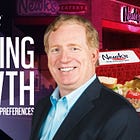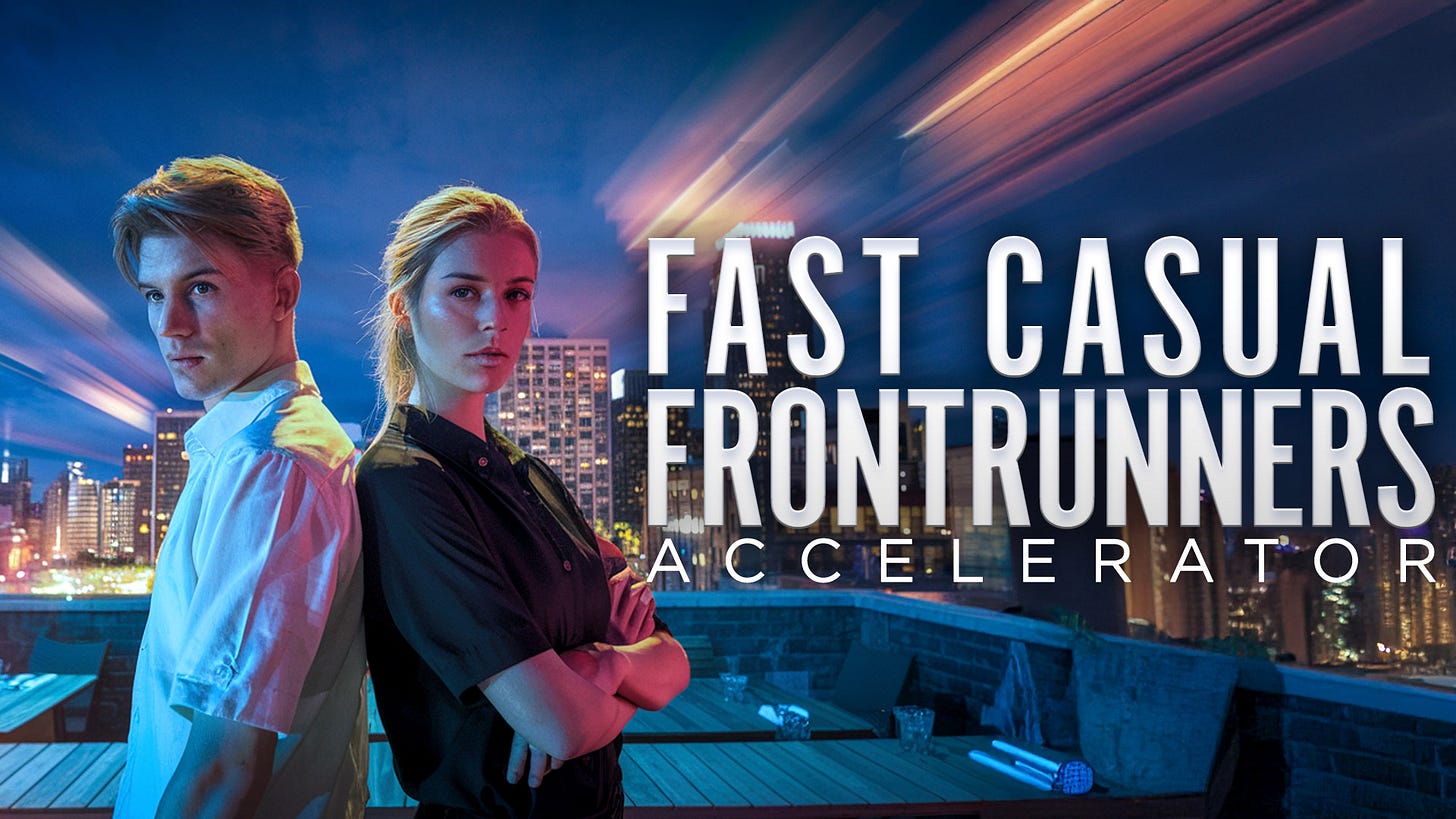Roam Artisan Burgers: Elevating Fast Casual Through Sourcing, Technology and Experience
In a recent episode of Fast Casual Nation, hosts Paul Barron and Cherryh Cansler welcomed Josh Spiegelman, owner of Roam, a six-location better burger concept based in the San Francisco Bay Area. Spiegelman discussed how Roam has evolved since the pandemic, focusing on delivery and takeout while simultaneously enhancing the in-store experience to make dining out feel more special. "When people do go out to eat, it is more of a special occasion thing," Spiegelman noted, explaining Roam's investment in refreshed store designs, including their newest flagship location in Marin County featuring a soft-serve window and residential kitchen aesthetic.
Sourcing remains fundamental to Roam's identity, with the brand partnering with specialty purveyors like 4K Ranch for 100% grass-fed beef, Diestel for free-range turkey, and Vital Farms for pasture-raised eggs. This commitment resonates particularly with Gen Z customers, who Spiegelman reports are increasingly protein-focused and highly educated about food sourcing. While burgers remain Roam's top seller, the menu has expanded to include seasonal vegetables, chicken options, and craft beverages including beer, wine, and seasonal spritzers – diversification that Spiegelman says better serves customer preferences while maintaining the brand's upscale-yet-accessible positioning.
Technology plays a significant role in Roam's evolution, with self-order kiosks reducing wait times and a Web3-based loyalty program called Hang that gamifies the customer experience. Rather than traditional "buy nine, get one free" models, Roam's program incorporates games like Wordle and "quests" that encourage menu exploration. With nearly 20,000 loyalty members across six locations, the program has successfully increased both customer spending and visit frequency, demonstrating how smaller brands can leverage sophisticated loyalty technology typically associated with major chains.
Despite the technological innovations, Spiegelman emphasized that the in-person experience remains paramount. "There is maybe such thing as just too much screen time," he observed, highlighting Roam's focus on strong customer service, comfortable seating, and even custom music playlists curated by Gravy that change throughout the day to match energy levels. This attention to experiential details helps Roam maintain its position between fast food and fine dining, offering the convenience of fast casual with the quality ingredients and thoughtful touches typically found in higher-end establishments.
Sustainability initiatives feature prominently in Roam's operations, with nearly 90% of waste being composted and used fry oil recycled into biofuel. Spiegelman connects these practices to the brand's partnerships with regenerative farms whose sustainable grazing practices help prevent soil erosion. This holistic approach to sustainability extends to catering, which has become an increasingly important revenue stream as offices reopen, with Roam developing specialized offerings like sliders and box meals that travel well and meet the needs of corporate clients.
Looking ahead, Spiegelman is focused on creative brand partnerships that further elevate the Roam experience, including an upcoming champagne tasting event featuring fried chicken sliders and caviar. This creative approach to differentiation illustrates how smaller fast casual brands can carve out distinctive positions in the competitive better burger landscape – combining high-quality ingredients, technological innovation, and experiential elements that create meaningful connections with customers who increasingly demand both convenience and quality.
Previous episodes
A multi-platform exploration of the most innovative and successful fast-casual concepts shaping the future of dining. [Learn more]










